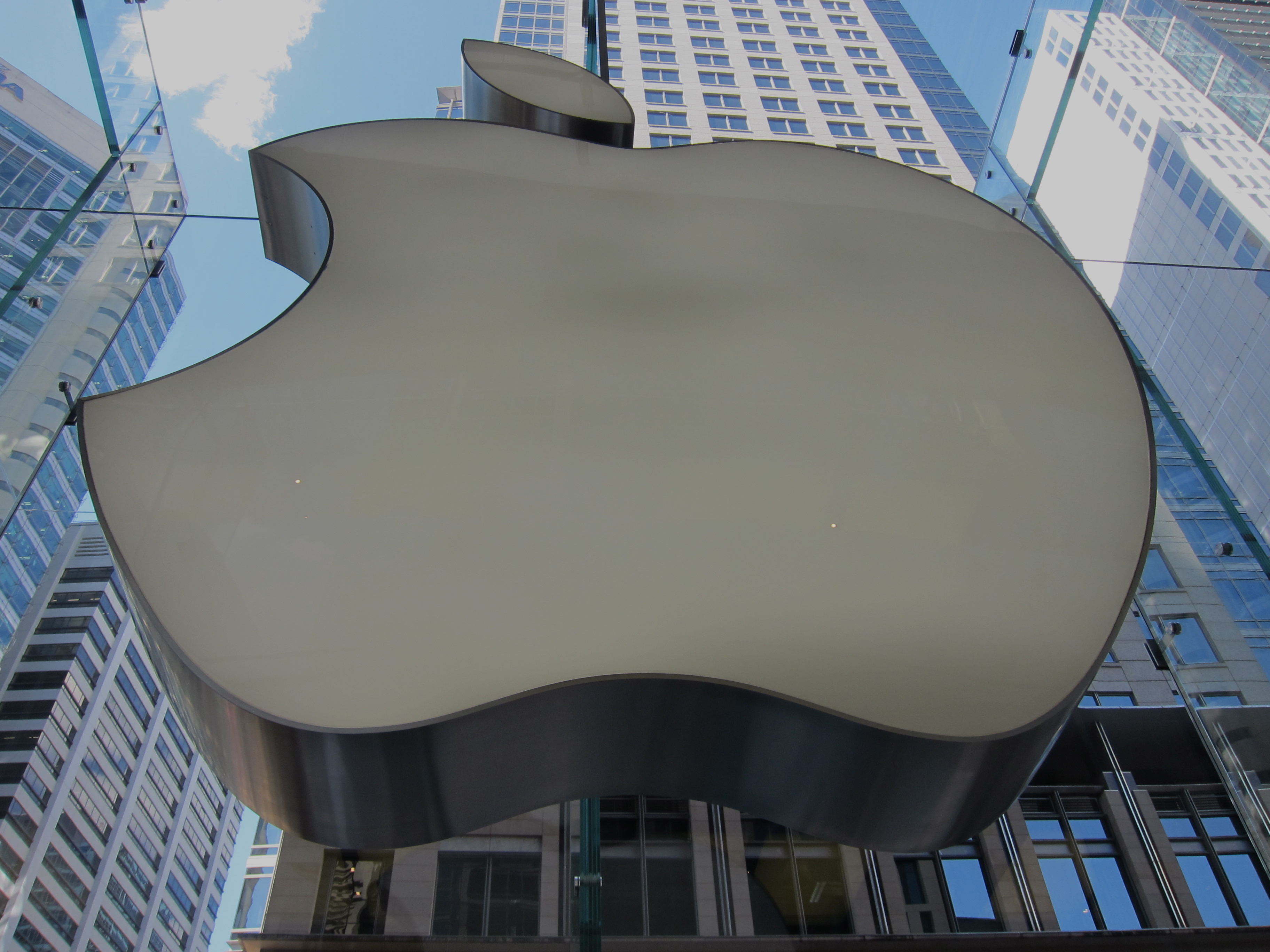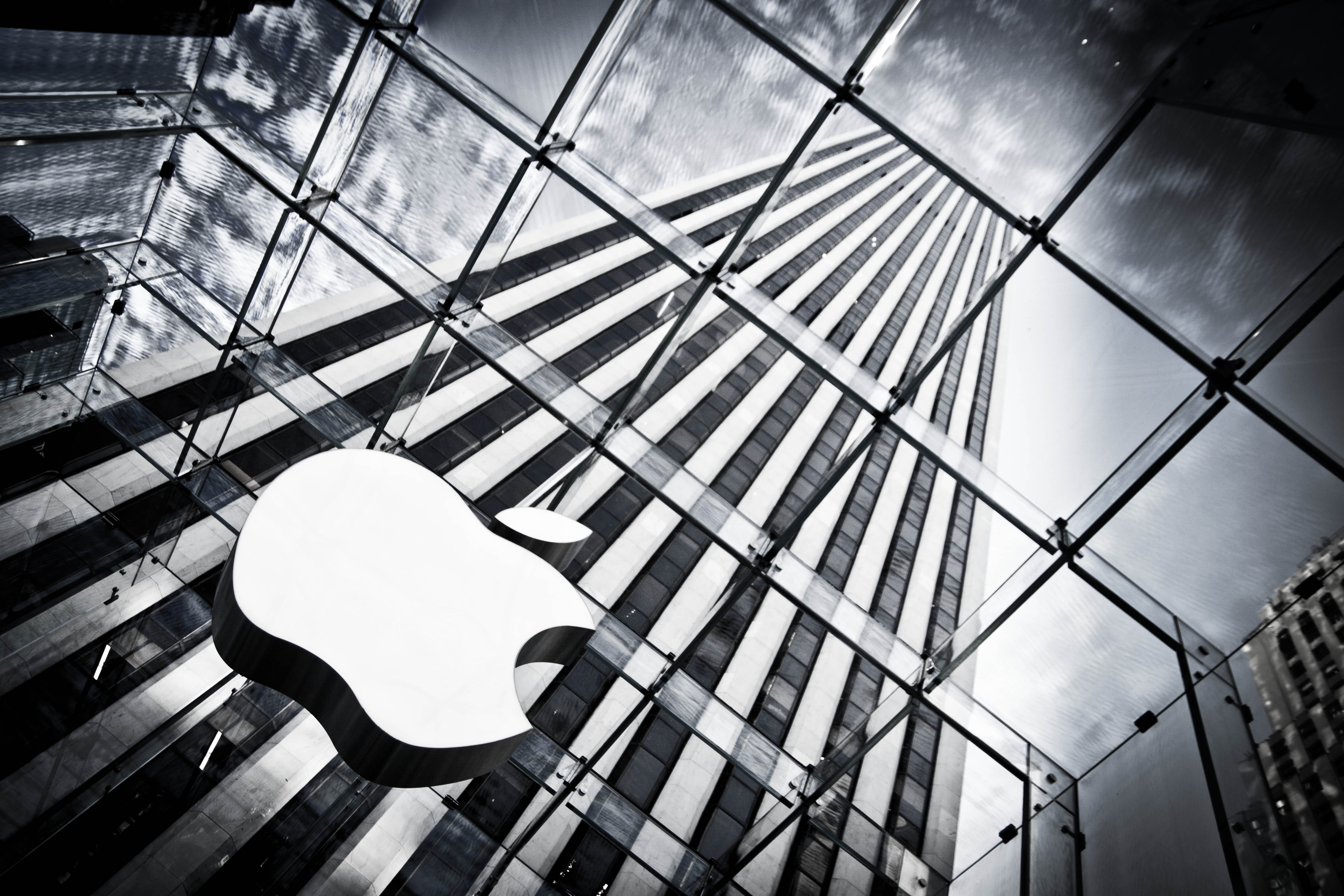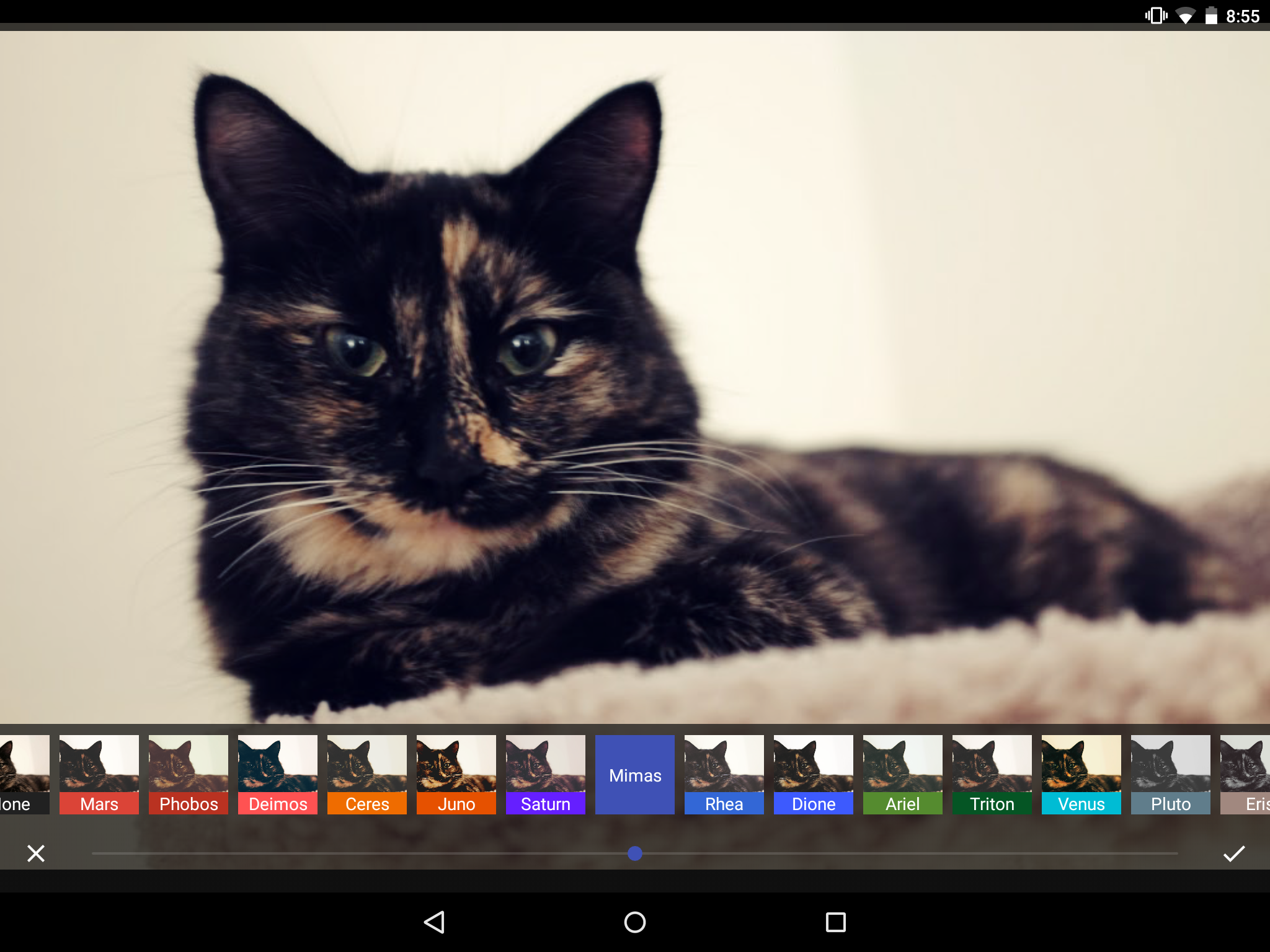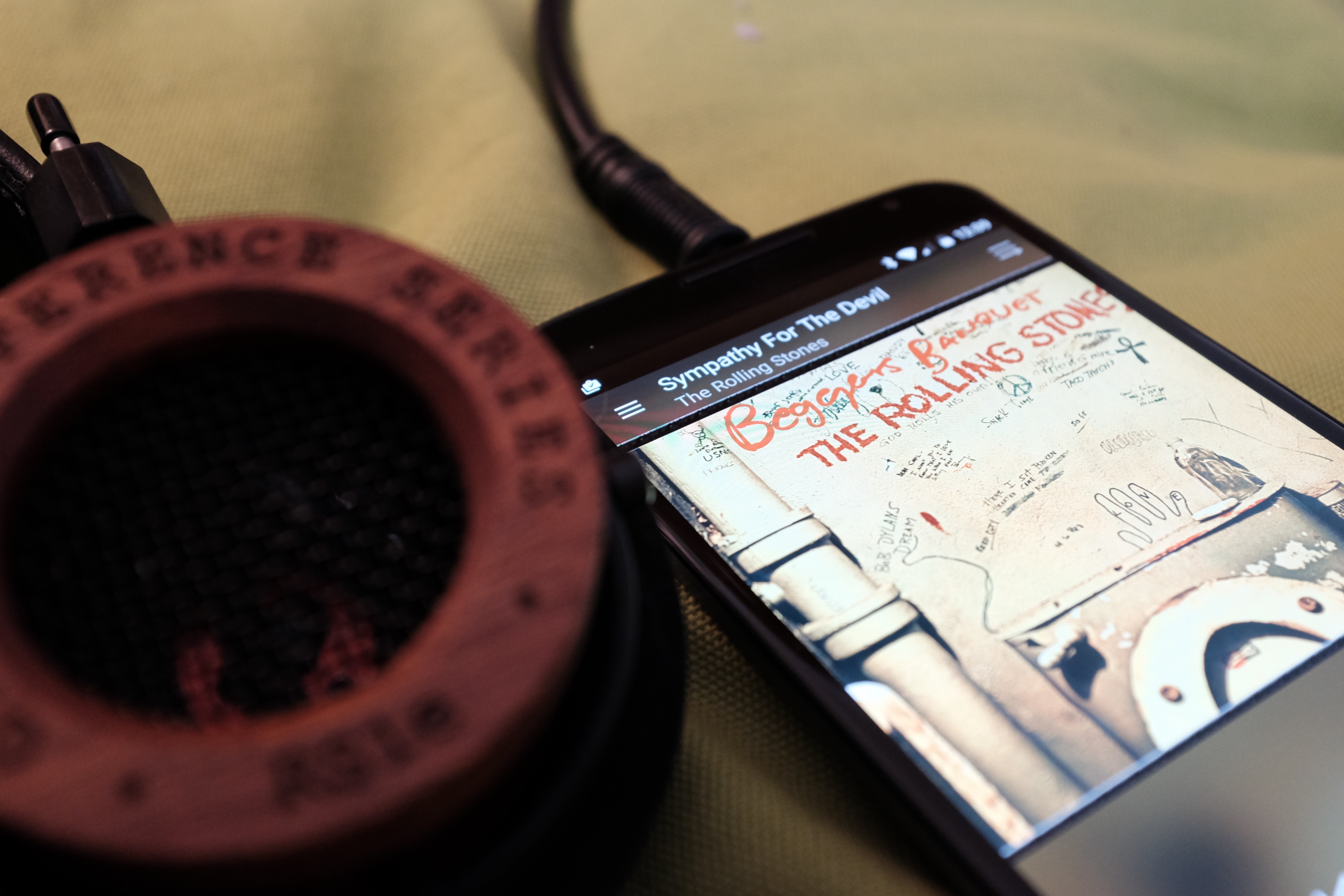We begin three days of photographers discovered by searching Flickr for “silence”. Today’s selection jumped from the computer screen; composition takes the Day. Easily. Ted Van Pelt shot self-titled “Gigi Sibble-Horton” on May 25, 2015, using […]


We begin three days of photographers discovered by searching Flickr for “silence”. Today’s selection jumped from the computer screen; composition takes the Day. Easily. Ted Van Pelt shot self-titled “Gigi Sibble-Horton” on May 25, 2015, using […]

Due to a rather startling accident, my wife’s laptop is no longer among the electrically living. She will use my beloved Chromebook Pixel LS for a few months, while I step back into the Apple lifestyle to test El Capitan and iOS 9. Eight days after Apple released developer previews, I finally am getting around to installing them, on 13-inch MacBook Pro and iPad Air 2. Whoa, I dunno about the new font!
The Mac is a new purchase. Our cameras and computers are all insured, and late last week I filed the second claim in more than a dozen years (the first replaced a hard drive, for $250, after my daughter dropped her aluminum MacBook during finals week two years ago). I grudgingly picked the 2.7GHz Core i5 MacBook Pro with Retina Display, 8GB RAM, and 256GB SSD.

Seven days ago, CEO of the most valuable, publicly-traded technology company on the planet unveiled a potentially category-changing online streaming service. In 15 more, you will be able to subscribe—three months for free. Pundits wave the Spotify flag and spit out diatribes of disgust, much as they did when Apple launched iPhone eight years ago or iPad in 2010. Wrong again is their destiny. Will they ever learn?
Many of the doomsayers forget, or maybe just ignore, the fruit-logo company’s success disrupting category after category. They also start out from a misguided premise: That Apple is a latecomer who cannot catch up with competitors like Spotify. How ridiculous. iTunes debuted in January 2001, iPod nine months later, and iTunes Music Store in April 2003. By longevity and reach, which includes exclusives (like The Beatles) and large catalog, Apple is the status quo. On June 30, the giant awakes, and the smidgens shake as it walks.

As the week closes, I reflect on Apple’s World Wide Developer Conference, which commenced on June 8, 2015. I watched the keynote on Apple TV and live-tweeted from my comfy couch. Fittingly from Chromebook Pixel LS.
I find iOS 9 interesting enough to test. Today, I signed up for an Apple Developer account; my old one expired years ago. The process took a phone call, because Apple claimed my bank declined to pay. How strange. So I tried another card. Then a third. Hey, my accounts are good! I called the bitten-fruit for assistance, and someone senior in developer support manually processed the $99 fee, because of the glitch. How fraked is that?

I have some advice for the European Union Competition Commission: Lay off. You don’t need to reign in the Google monopoly. Apple will correct the market around search and mobile. That’s one of two related takeaways from Monday’s WWDC 2015 keynote. iOS 9 and OS X El Capitan up Apple’s push into search and proactively-delivered information in big ways. That is if delivery is as good as the company promises.
The other takeaway harkens back to what I told you last week about Tim Cook’s piracy rant against unnamed Facebook and Google alongside the friggin U.S. government—plural if thinking beyond the Feds: It’s BS marketing. Apple prepares a major competitive assault against Big G, hitting where damage can be severe: Perception and profits. I cannot overstate Google’s vulnerability, which ironically is where the search and information giant exploited Microsoft during this Century.

If Apple’s streaming music service launches tomorrow at WWDC and is branded with the company’s name/logo, look for broad naming changes ahead. My guess, and it’s only that: the lower-case letter before products like iMac or iPhone will disappear; over time. Under CEO Tim Cook, the branding strategy differs from Steve Jobs. That’s sensible considering where the company is today compared to 1998 when the cofounder introduced iMac.
Apple Watch foreshadows the new nomenclature. Contrary to months of iWatch rumors before launch, the device is identified by sound as Apple Watch, but what you see is the company’s logo, which is one of the most recognizable brand icons ever created. If Apple Music turns out to be more than just streaming, but the replacement for or displacement of iTunes, consider that as sign of future naming conventions to come. If I am mistaken—well, Apple should do what I predict.

Some pics jump from the photostream and demand to be chosen, as is the case with today’s selection. Simon Evans shot self-titled “Street Lads” on Sept. 20, 2014—around the time that he started blogging—using Fujifilm X-Pro1 and Fujinon XF 27mm F2.8 lens. Vitals: f/5.6, ISO 800, 1/450 sec, 27mm.
The pancake lens makes the Fuji mirrorless camera a relatively smaller shooter—well, compared to bulky dSLRs—while offering dramatic benefits of hybrid optical and digital viewfinder. Motion more typically describes Simon’s street shots. The Day Maker is rare exception. “This is what happens when you give in and ‘spare a bit of change'”, he jokes.

Nine years ago, a NPR interviewer asked me about Google and other U.S. companies censoring search results in China. The question was one of morality—to which I gave an answer she didn’t expect. That response, or my recollection of it, is appropriate for rather ridiculous and self-serving statements that Apple CEO Tim Cook reportedly made three days ago.
“We believe that people have a fundamental right to privacy”, Tim Cook said, Matthew Panzarino reports for TechCrunch. “The American people demand it, the constitution demands it, morality demands it”. Oh? What is moral? The answer I gave NPR in 2006 applies: There is no moral high ground in business. The high ground is quagmire, because all public companies—Apple surely among them—share a single, moral objective: Make profits for stockholders. Plain, pure, and simple.

My third month as a Tidal subscriber started yesterday, but nearly not at all. Last week I prepared to cancel the pricey, streaming service after encountering a disastrous functional flaw listening on either Nexus 6 or 9. Songs skip to the next track part way through playing, which is unacceptable behavior—made more so because of expectations that higher pricing and loftier monthly subscription fee set.
I would have stopped subscribing on May 31st, at the billing cycle’s end, if not for Tidal offering a free month of service. Whether or not our paying relationship continues depends much on the music streamer resolving an app problem. “There is a bug with Nexus and Sony phones with Android 5 unfortunately”, according to a tech support specialist, “We are working on fixing this. Mostly after 26 megabytes have been streamed, it skips. So for now we do not have a solution yet”,

Google Photos is more than an exciting—and hugely transforming—new product. The app/cloud service is a metaphor for an escalating mobile business model that, with perhaps the exception of Facebook, no competitor has the capacity to match.
Users gain tremendous time-saving utility, such as the ability to meaningfully search using innocuous terms like “dog” or “Washington”, all without the need to manually add metadata tags by way of applications like Photoshop. Meanwhile, Google gets access to quantifiable information, in the image and accompanying metadata, around which to sell advertising and related contextual content or services.

My love affair with Tidal nears dissolution. The second month’s renewal is five days away, and divorce is nearly certain now. Mid-month I asked: “What Good is Tidal HiFi if Content won’t Play?” Matters are better and worse since. I no longer have the song stalls in the webapp running from Chrome OS. But track jumping behavior now afflicts Nexus 6—not just its tablet sibling.
On the phablet late this morning, I switched over to Google Music for a quick refresher comparison between identical tracks. I most certainly can hear the difference between 320kbps MP3 and Tidal’s 1411kbps Free Lossless Audio Codec. But the aural benefits are valueless if I can’t listen. Google Music invited me to resubscribe, with half a year free; it’s some kind of promotion for Nexus 6 buyers. How could I refuse no billing until after Thanksgiving? November feels forever away.

If you asked reasons for today’s selection, several would stand out. Top of list: Exhaustion that makes me identify with the subject. That’s how I feel after searching the photostream of Oliver Degabriele; I could choose any and most every image for the Day. Composition, color, and contrast also appeal, and I find something old-worldly and interesting about self-titled “Old Lady”.
But I like “Soundcheck” as much, but passed even though it more topically represents the photographer, who also is a musician. As the series progresses, increasingly my choices are influenced by previous picks. We bad musical performance themes on Days 12, 16, 92, and 100.